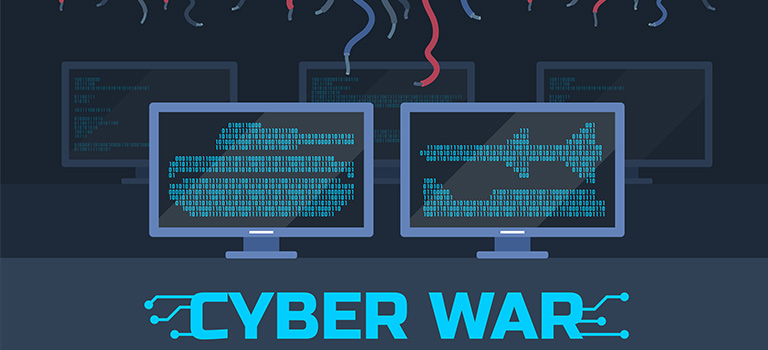Tag: Russia
-

Cybersecurity at the centre – competing globally with different rules
Originally published on Legal Insights Europe. By Joseph Raczynski The topic of global cybersecurity will challenge each one of us. It is an unstable concoction of cultural norms and legal property rights patiently awaiting attention before it bursts. The overarching question is ‘how can legal organizations and overall society manage rising threats to the integrity of…
-

From Russia (and Asia) with Love: Cyber Warfare and the growth of State-Sponsored Hacking
By Joseph Raczynski The 5th Annual Law Firm CFO/CIO/COO Forum The scope of the threats to law firm data is global. In this panel discussion at the Data Privacy, Security & the Globalized Law Firm CFO/CIO/COO Forum, a country by country breakdown of dangers were discussed while the audience absorbed the magnitude of the panels…
